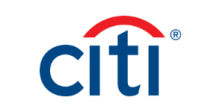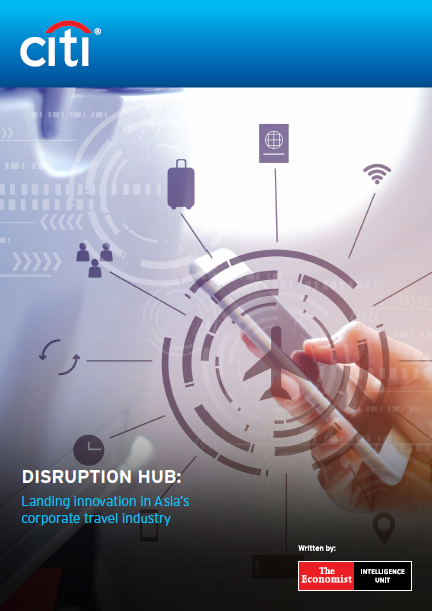This report explores the impact of digitisation and wider travel industry change on how companies manage corporate travel in the APAC region.
For most travel managers, however, the impact of digital change is hugely positive. Employees using their mobile devices for all manner of transactions, approved or otherwise, may be disquieting to some, but the research conducted for this Economist Intelligence Unit study shows that digitisation is also bringing more standardisation as well as control and monitoring capabilities than had existed previously. It is also creating unprecedented opportunities to understand employee travel and spending behaviours and adapt travel and entertainment (T&E) conditions accordingly.
Key findings:
- Digitisation, automation and analytics are combining to give companies in the region the ability to manage staff travel much more efficiently
- Many firms accord employees considerable autonomy to book travel, but 40% report a significant increase in corporate travel costs as a result
- The biggest challenge in granting autonomy is ensuring employee safety, say 31% of survey respondents
This report is based on a survey of 210 travel managers and other senior executives in Asia Pacific, as well as in-depth interviews with travel managers and other industry experts.
The value of the data being generated is such that companies prefer to analyse it internally, rather than outsource analysis. Travel managers obtain transaction data from a wide variety of sources today, including their travel management companies (TMCs), but managers often struggle to get consolidated data from any one external partner, say interviewed executives.
Digitisation, while giving employees more options to book travel and pay expenses in different ways, is also enabling companies to make travel policy more specific and to ensure tighter compliance and cost control, the study finds. Similarly, the detailed data now available to companies enhances their ability to ensure employee safety when travelling.
The report also finds considerable innovation in payment practices in the region. E-wallets, mobile payment apps and virtual cards, for example, are coming into wider use. At the same time, T&E is becoming more tightly controlled, thanks partly to the wider use of corporate cards. At over 60% of surveyed firms, the latter is the main method used to procure airlines and hotels and pay in-travel expenses.






